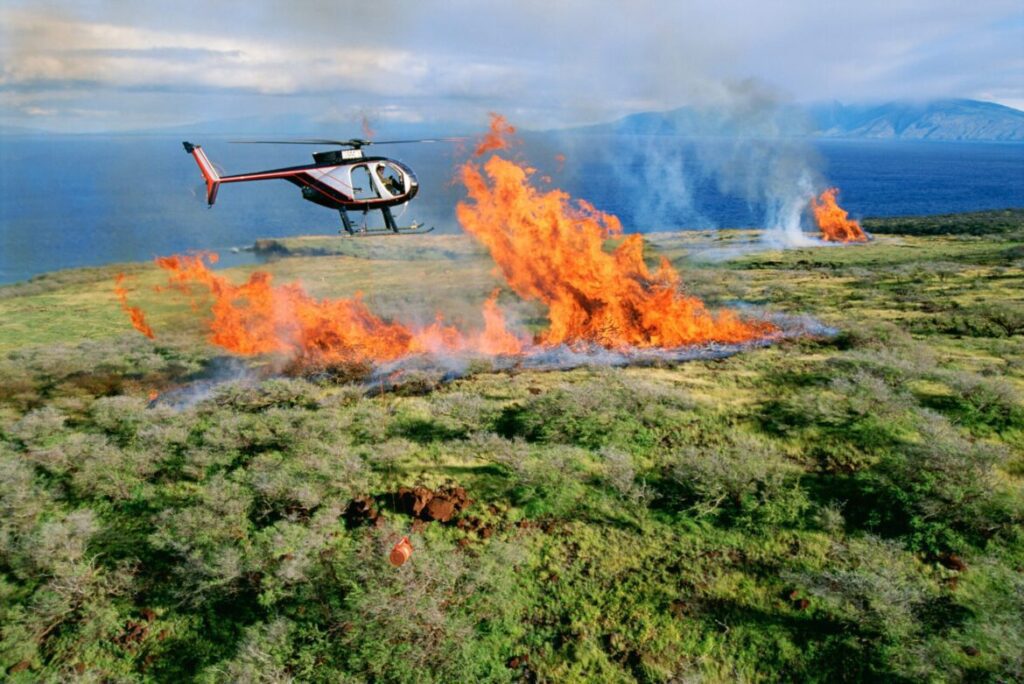Hawaii is currently experiencing one of the most devastating wildfire seasons in its history, as severe fires ravage communities on Maui and the Big Island. The flames have scorched vast areas, leaving entire neighborhoods destroyed and forcing thousands of residents to evacuate. Despite the relentless efforts of emergency teams, the fires continue to spread rapidly, fueled by dry conditions and strong winds. As the death toll rises, authorities warn that the true extent of the devastation may take days to fully assess.
In response to the crisis, the federal government has taken swift action to assist local authorities. President Joe Biden has authorized the deployment of National Guard troops to assist in firefighting efforts and evacuation operations. The Federal Emergency Management Agency (FEMA) has also mobilized significant resources to provide disaster relief and aid to those affected. The national attention on the crisis has led to Congress quickly approving emergency funding to aid recovery and rebuilding efforts in the wake of the fires.
The fires’ rapid spread has been fueled by a combination of factors, including severe drought conditions, high winds, and the intensifying effects of climate change. Experts suggest that the growing frequency and intensity of wildfires, both in Hawaii and worldwide, are directly tied to global warming. As temperatures rise, vegetation dries out, making it easier for fires to ignite and spread. Additionally, climate change has strengthened winds, which exacerbate the fires’ destructive path.
Hawaii Governor Josh Green described the wildfires as an “unprecedented disaster,” offering heartfelt condolences to the families who have lost their homes and loved ones. “Our thoughts are with everyone affected, and we are working around the clock to support our communities,” Governor Green stated during a press briefing. Senator Brian Schatz (D-HI) also highlighted the role of climate change in the disaster, emphasizing the need for immediate action to mitigate future fires. “Climate change is directly contributing to the growing intensity of these fires, and we must act now to prevent more tragedies,” Schatz declared.
As Hawaii begins to assess the full scale of the destruction, there are increasing calls for enhanced disaster preparedness and comprehensive climate action. Local officials and environmental advocates stress the importance of improving infrastructure, bolstering resources, and adopting a proactive approach to combat climate change to reduce the impact of future disasters. FEMA Administrator Deanne Criswell reinforced the agency’s commitment to helping Hawaii, stating, “The urgency of effective disaster preparedness has never been clearer. FEMA is fully dedicated to providing Hawaii with the support it needs during this challenging time.”
While recovery will undoubtedly be a long and difficult process, the wildfires serve as a poignant reminder of the growing challenges posed by climate change. As both federal and state officials work to rebuild the affected areas, they are determined to ensure that Hawaii is better equipped to handle similar disasters in the future.


